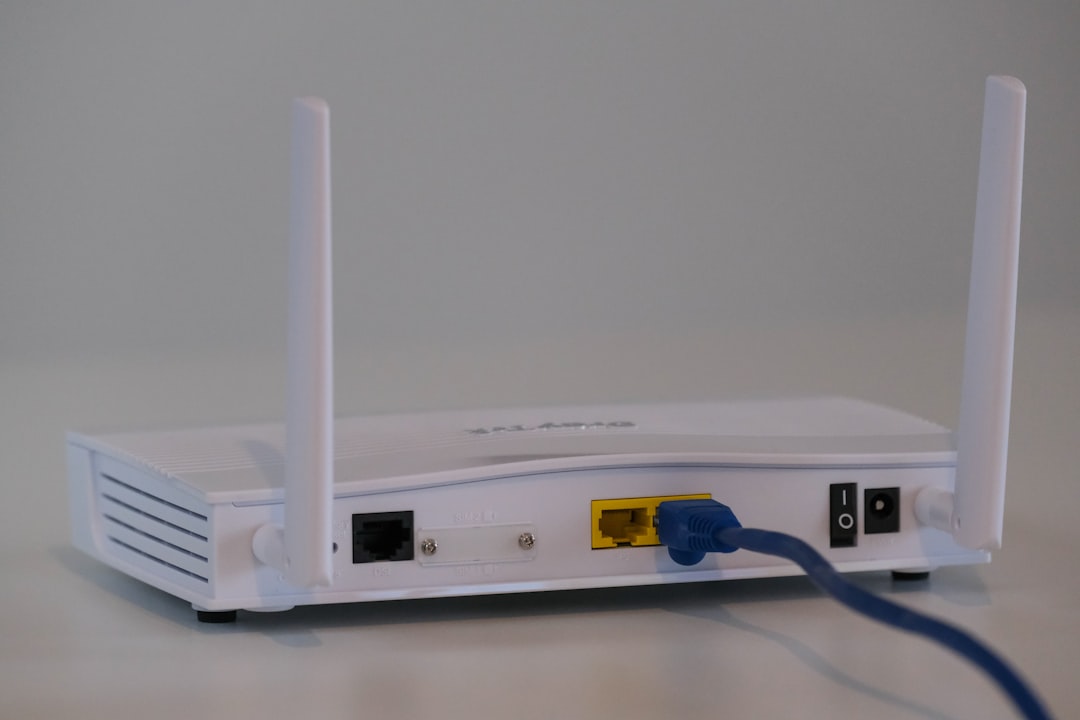Virtual Private Networks (VPNs) have become a staple for individuals and businesses looking to ensure online privacy and secure data transmission over the internet. However, as their use becomes more widespread, so do the threats targeting them. Cybercriminals increasingly exploit vulnerabilities in VPN configurations, outdated encryption protocols, and user behavior. Fortunately, Artificial Intelligence (AI) is rapidly transforming how we detect, analyze, and neutralize these threats, bringing smarter, faster, and more efficient security measures into play.
AI’s Role in VPN Security
AI helps enhance VPN security by providing advanced monitoring, predictive analytics, and real-time threat mitigation. It moves beyond traditional static security approaches by adapting to evolving threats. Here’s how AI contributes to securing VPNs:
- Behavioral Analysis: AI algorithms can learn what normal network behavior looks like and can swiftly detect anomalies that indicate a potential attack, such as unusual login times, excessive bandwidth use, or sudden endpoint changes.
- Threat Prediction: Machine Learning (ML) models analyze historical data to anticipate future threats. This allows AI to identify new types of malware or phishing tactics before they become widespread issues.
- Intrusion Detection: AI-powered Intrusion Detection Systems (IDS) use pattern recognition and neural networks to detect and flag suspicious activities that standard rules-based systems might miss.
- Automated Response: Once a potential threat is identified, AI systems can take immediate action, such as isolating affected users or devices, redirecting traffic, or issuing alerts to security teams.

Detecting Compromised VPN Credentials
One of the most common VPN-related security incidents involves credential theft. AI helps by continuously monitoring the VPN login activity for abnormalities. For instance, if an employee’s credentials are used to log in from two geographically distant locations within minutes, AI systems flag this behavior and may temporarily disable access to investigate further.
In addition, AI systems can integrate with authentication mechanisms to promote the use of more secure methods, such as biometric verification or multi-factor authentication (MFA), by automatically identifying weak password practices or recommending user-specific security enhancements.
Deep Packet Inspection with AI
Deep Packet Inspection (DPI) is a process that examines the data part of packets as they pass an inspection point, helping identify potential threats or policy violations. Unlike traditional DPI methods, AI-powered DPI can:
- Learn from new data flows and adapt without manual configuration.
- Detect encrypted command-and-control traffic from botnets hiding within VPN traffic.
- Classify and prioritize threats, alerting admins about high-risk activities instantly.
This allows network administrators to maintain a robust defense system that adapts in real time according to the evolving threat landscape.

Preventing Data Exfiltration and Insider Threats
VPNs, while designed to secure data, can be misused by internal actors to exfiltrate sensitive information. AI plays a critical role in detecting such behavior through continuous user activity monitoring. It evaluates content, access frequency, file transfer behavior, and more, scoring user actions based on risk.
For example, if an employee suddenly begins downloading large volumes of confidential data late at night, AI can correlate this activity with contextual factors (such as job role or access history) and trigger automatic safeguards.
Securing Remote Access in a Post-Covid World
With remote work becoming the norm, securing VPN access points is more important than ever. AI helps enforce Zero Trust models by verifying not just who is accessing the network, but also how and why. It assesses the risk of every connection attempt in real time and may deny or limit access from unfamiliar devices or outdated VPN clients.
Conclusion
Artificial Intelligence is revolutionizing VPN security by making it more responsive, intelligent, and adaptive. From detecting login anomalies to preventing insider threats and monitoring encrypted traffic, AI equips security teams with the tools they need to stay ahead of cyber attackers. As both the complexity and volume of threats increase, AI will continue to play a pivotal role in shaping the future of secure online communication through VPNs.
